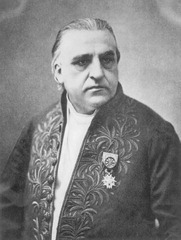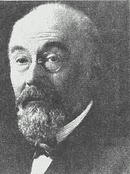Psychopathology is the study of psychological disorders and disturbances, their origins and treatment. Although sometimes used in a psychoanalytical context, it can also refer to the work of psychiatrists and neurologists. 

Psychiatry. The term psychiatry comes from the Greek words psyche, meaning mind or soul, and iatros, meaning doctor. Psychiatry is the branch of medicine concerned with the causes, diagnosis, classification and treatment of mental disorders. For example, presenting symptoms might involve disturbed emotion, thought, perception or behaviour. As a medical speciality, it is distinguished from neurology, the study of diseases of identifiable parts of the nervous system. However, there is a clear overlap between these two specialities, as both deal with brain function. In some countries, the two specialities are combined to form neuropsychiatry. Neuropsychiatry is also sometimes defined as that branch of psychiatry which looks at how neural processes involved in particular brain disorders (e.g. brain tumours, dementia) can produce psychiatric disorders, and how the resulting cognitive, emotional and behavioural effects can be diagnosed and treated. It is clear from the above description that psychiatrists follow quite a different educational route than psychologists – all psychiatrists must first qualify as doctors through full medical training, before specialising in psychiatry. Psychologists, of course, are not (generally) medically trained. However, clinical psychologists do treat mental disorders, but use more psychologically oriented therapies such as cognitive or behaviour therapy rather than medical interventions. \nAlthough psychiatrists do also make use of psychologically-based therapies at times, their different background and training predisposes them towards a 'medical model' of mental illness, not infrequently seeing more 'physical' methods of treatment as appropriate. Examples of these would be chemical intervention via drug therapies (e.g. affecting particular neurotransmitters in the brain), psychosurgery, and electro-convulsive therapy (ECT). \nPsychiatrists can also play a legal role in decisions involving enforced hospitalisation of individuals judged to be 'disturbed'. 


